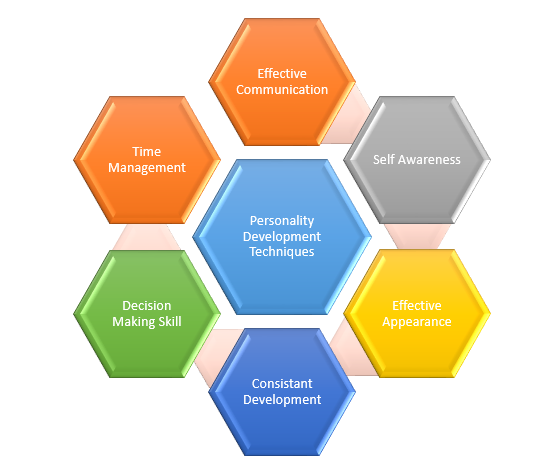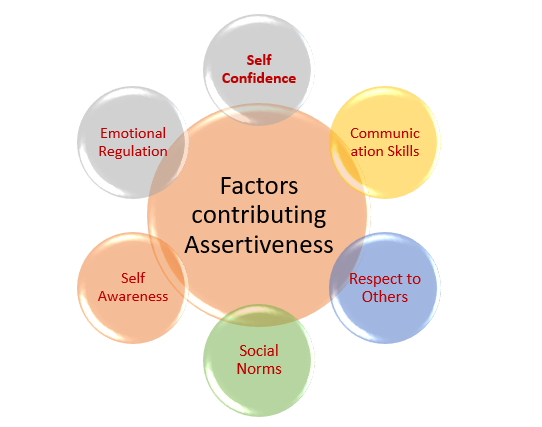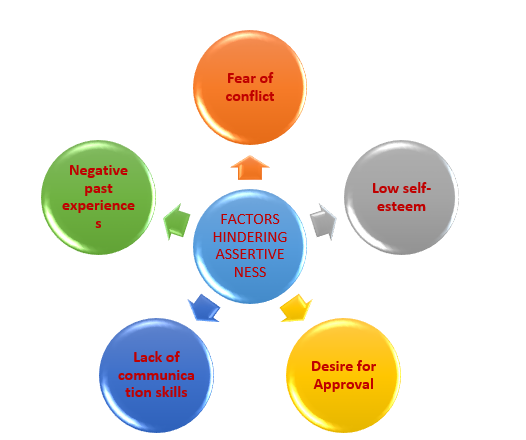
Personality Development Techniques are key aspects by which we can enhance our personality effectively and efficiently. Fpr enhancing and grooming the our personal traits, focus on these techniques are very essential.
The key factors of these techniues are as:
|
व्यक्तित्व विकास तकनीकें महत्वपूर्ण पहलू हैं जिनके द्वारा हम अपने व्यक्तित्व को प्रभावी ढंग से और कुशलता से निखार सकते हैं। अपने व्यक्तिगत गुणों को निखारने और निखारने के लिए इन तकनीकों पर ध्यान देना बहुत ज़रूरी है। इन तकनीकों के मुख्य कारक इस प्रकार हैं:
|
| The human ability to regulate our emotions, thoughts, behavioral patterns as per the demand of situation arose in life . This is a strong aspect of personality to resist our temptations and act of alignment with long term goal than immediate desire. Techniques for Developing Self Control (How to develop Self Control?)Different methods are applicable over different kind of personality; Numerous methods are explained here:
Standard Tests for measuring Self Discipline (Self Control)There are many measuring concepts depends upon the questionnaires according to personality traits; popular self control measuring techniques are as:
|
जीवन में परिस्थिति की मांग के अनुसार अपनी भावनाओं, विचारों, व्यवहार पैटर्न को विनियमित करने की मानवीय क्षमता उत्पन्न हुई है। यह हमारे व्यक्तित्व का एक मजबूत पहलू है कि हम अपने प्रलोभनों का विरोध करें और तात्कालिक इच्छा की तुलना में दीर्घकालिक लक्ष्य के साथ तालमेल बिठाएँ। आत्म नियंत्रण विकसित करने की तकनीकें (आत्म नियंत्रण कैसे विकसित करें?)विभिन्न प्रकार के व्यक्तित्व पर अलग-अलग तरीके लागू होते हैं; यहाँ कई तरीकों को समझाया गया है:
आत्म अनुशासन (आत्म नियंत्रण) को मापने के लिए मानक परीक्षणव्यक्तित्व लक्षणों के अनुसार प्रश्नावली पर निर्भर कई माप अवधारणाएँ हैं; लोकप्रिय आत्म नियंत्रण मापने की तकनीकें इस प्रकार हैं:
|
|
It is the ability of recovering from adverse situation and stressfull conditions faced by you in your personal and professional life. It is a skill that help to learn how to adopt difficult situations and cope with challenging conditions. key Skill To Develop Self Resilience
Practices to Develop Self Resilience
|
यह आपके व्यक्तिगत और व्यावसायिक जीवन में आपके द्वारा सामना की गई प्रतिकूल परिस्थिति और तनावपूर्ण स्थितियों से उबरने की क्षमता है। यह एक ऐसा कौशल है जो कठिन परिस्थितियों को अपनाने और चुनौतीपूर्ण परिस्थितियों से निपटने का तरीका सीखने में मदद करता है। आत्म-लचीलापन विकसित करने के लिए महत्वपूर्ण कौशल
आत्म-लचीलापन विकसित करने के अभ्यास
|

